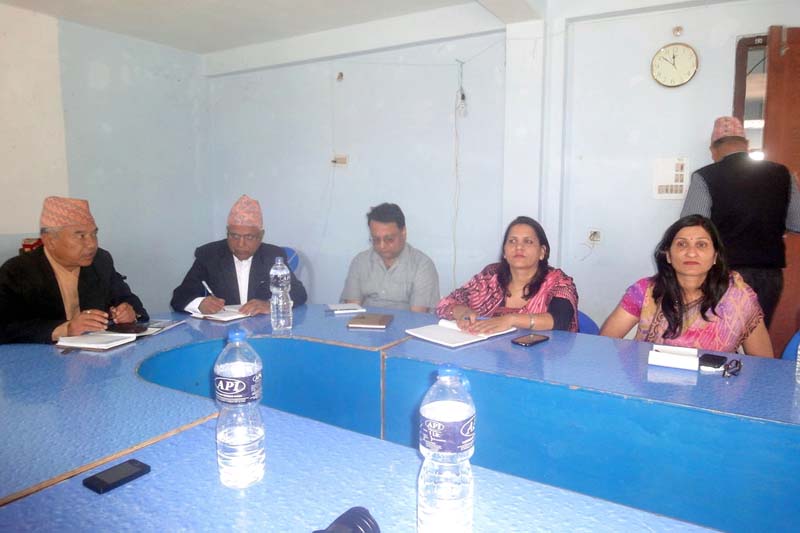Supreme Court invalidates TRC guidelines
Kathmandu, February 1
The Supreme Court today scrapped the Truth and Reconciliation Commission guidelines for putting insurgency-era rights violation cases on hold.
A division bench of justices Jagadish Sharma Poudel and Dipak Kumar Karki scrapped the TRC guidelines, stating they were against the provision of the TRC Act and Regulations.
Nepali Congress leader and General Secretary of Conflict Victims National Society Binaya Dwaj Chand, along with other 15 conflict-victims organisations, had filed a petition against the guidelines on September 26 last year.
The apex court had earlier issued an interim order against the guidelines. The TRC had prepared the guidelines for putting on hold insurgency-era human rights violation cases on several grounds, including lack of evidence and inadequate details.Thousands of conflict-era cases were likely to be shelved without conducting any inquiry if the guidelines were followed.
“The Supreme Court has done justice,” said advocate Gyanendra Aran, one of the petitioners.
Earlier, while framing the guidelines, TRC member Madhabi Bhatta had written her note of dissent while other all four members, including Chairman Surya Kiran Gurung and member Sri Krishna Subedi had lobbied hard for endorsing the guidelines despite strong warnings from the victims’ families and human rights defenders.
Following the SC verdict, Bhatta told this daily that she had expressed her reservation over the guidelines because the very intent of document was to skip some serious insurgency-era rights violation cases and ensure ‘safe exit’ of some perpetrators.
The guidelines stated that cases of rights violation within the Maoist groups or government-security forces would not be considered for investigation. Likewise, rights violations before the beginning of Maoist insurgency and after the conflict were not supposed to be considered for further investigation. As per the guidelines, even insurgency-era cases not directly related to clashes between Maoists and security forces would have been put on hold.
“The division bench issued the order on the ground that there were no provisions for preparing such guidelines that aimed to shelve insurgency-era complaints,”said a Supreme Court official.






